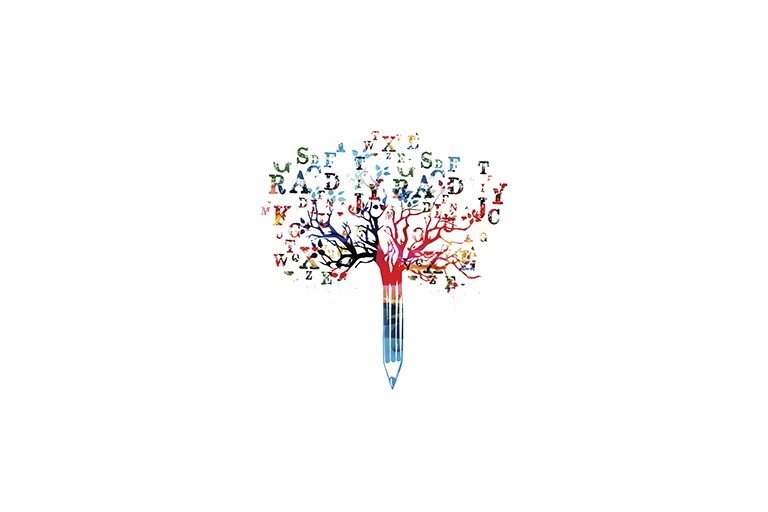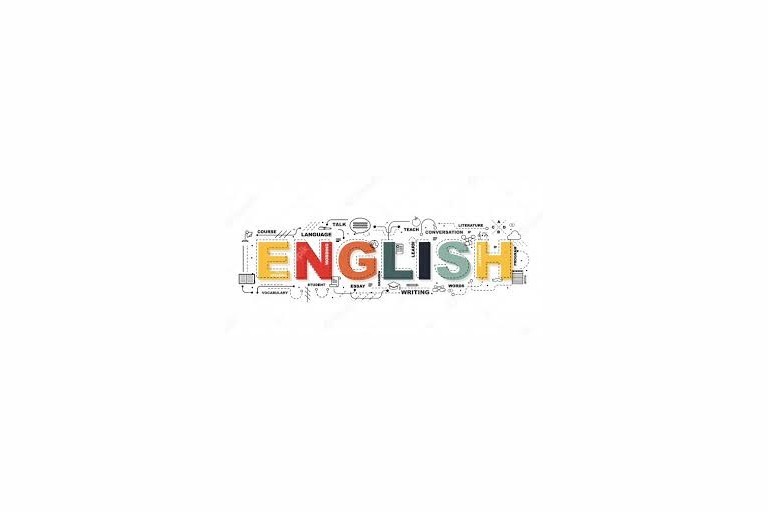Welcome to ENG3U, Grade 11 English, University Preparation
- Check here frequently for general news and announcements throughout the term.
TEACHER:TEACHER EMAIL:
TEACHER:
TEACHER EMAIL:

These are the school procedures and policies, you must read and agree to the following them before starting the course.If you have any questions and/or concerns, please contact and discuss with your teacher and your guidance counselor.
Teacher to upload all resources needed for unit 1 here.

Specific Expectations: Listening to Understanding - 1.2; 1.3; 1.4; 1.7; 1.9Reflecting on Skills and Strategies - 3.1; 3.2Learning Goal(s): In this lesson we will discuss how much information is offered to us through human speech; how challenging listening can be; and that “Active Listening” is a skill that is essential to becoming a successful student and engaged member of society. You will learn a variety of techniques to help maintain your focus and concentration as you listen to a variety of public speakers; and how becoming a better listener is the first step to becoming a better speaker.

Specific Expectations: Speaking to Communicate - 2.4; 2.5; 2.6; 2.7Reflecting on Skills and Strategies - 3.1; 3.2Learning Goal(s): In this lesson you will learn to incorporate a variety of vocal strategies in what you say and how you say it to interest an audience. This lesson will give you several opportunities to express yourself in a variety of communication scenarios to a variety of audiences.
Students to post their questions here.
Submit your completed Time Log for your asynchronous work in PDF format for the whole unit here.
Click here to get the Time Log template

Specific Expectations: Reading for Meaning - 1.2; 1.3Understanding Form and Style - 2.2; 2.3Reflecting on Skills and Strategies - 4.2Learning Goals: In this lesson you will receive exposure to what deep reading and analysis of poetry can teach us, and how poetry can prepare us for the study of longer forms of fiction such as short stories, novels and plays that you will encounter later in the course.The focus in this lesson will be to develop a personal response to poetry – what poems say to us as close readers. This lesson’s goal is to make you aware of the value of poetry beyond its academic purpose.

Specific Expectations: Reading for Meaning - 1.2; 1.3; 1.5; 1.6Understanding Form and Style - 2.2; 2.3Reading with Fluency - 3.2Learning Goals: In this lesson you will get a first exposure to what deep reading and analysis of poetry teaches us and how it can prepare us for the study of fiction in the form of short stories, novels and plays later in the course.The focus in this lesson will be developing a personal response to poetry – what poems have said to us as close readers. This lesson’s goal is to make you see the value in poetry beyond its academic function.

Specific Expectations: Reading for Meaning - 1.2; 1.3; 1.5; 1.6; Understanding Form and Style - 2.3Learning Goals:In this lesson you will have more opportunities to paraphrase poetry in order to better relate to the meaning and connect it with your life experiences and thinking. You will also be introduced to one of the important themes of early English literature – the relationship between the human and the natural world.

Specific Expectations: Reading for Meaning - 1.4; 1.6Understanding Form and Style - 2.2Learning Goals: In this lesson you will become aware of how literature reflects the challenges we all face in life from our childhood to old age. Although as students you live day-to-day under the care of adults, there will come a time, as the poems we examine in the lesson show, when you will make your way independently in the world. How we can cope with the challenges we face as we grow are lessons that literature can teach us.

Specific Expectations: Reading for Meaning - 1.3; 1.5; 1.6; 1.8Understanding Form and Style - 2.2Reflecting on Skills and Strategies - 4.1Learning Goal(s): In this lesson you will be introduced to what's known as Literary Perspectives. Writers create texts based on their personal interests, how they see the world, and what they want to say about it. It represents their 'perspective." When we can identify writers who address the kinds of issues and perspectives we ourselves are also interested in, it opens the possibilities for continuing to read more texts created from that perspective.